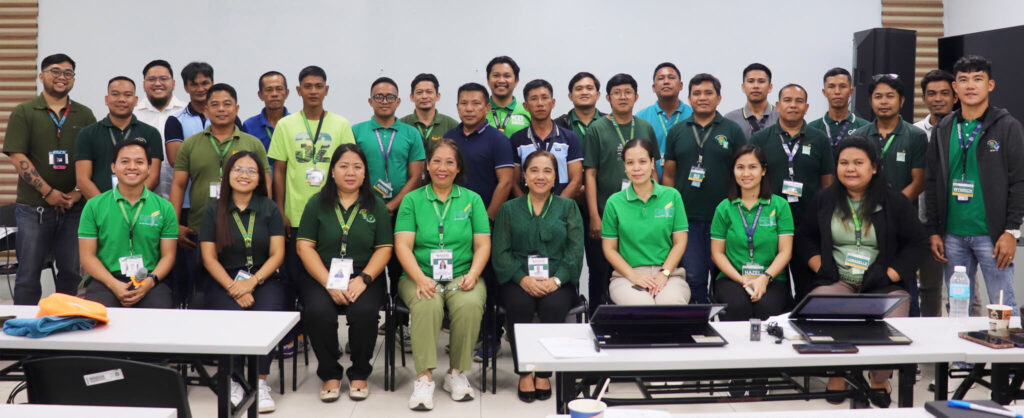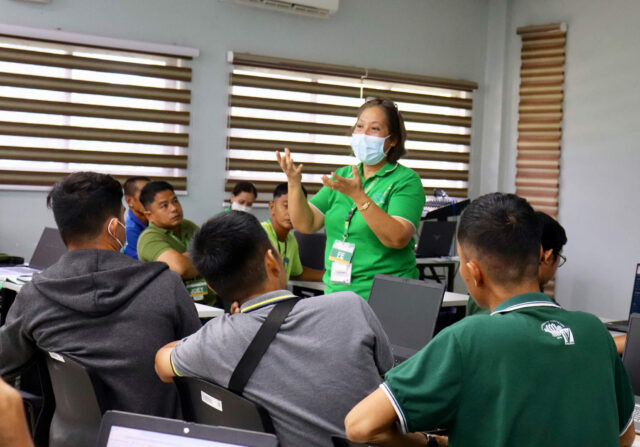SCIENCE CITY OF MUÑOZ, Nueva Ecija (PIA) — The Philippine Rice Research Institute (PhilRice), in partnership with the Bureau of Plant Industry (BPI), is advancing its efforts to modernize the country’s rice seed system through the nationwide implementation of the Rice Seed Information System (RSIS).
RSIS is a digital platform designed to enhance the monitoring, certification, and distribution of quality rice seeds.
It aims to establish a centralized and integrated platform that connects all registered seed growers, producers, certification bodies, and storage facilities nationwide.

Once fully implemented, it will enable real-time tracking of seed production, inspection, inventory, and movement, improving transparency, coordination, and decision-making across the entire supply chain.
“The RSIS is not just a record-keeping tool. It’s a game-changer that will enable faster, more transparent decisions in seed production and distribution. We are committed to guiding our stakeholders as we scale up,” PhilRice Business Development Division Head and RSIS Project Lead Fidela Bongat said.
This project, piloted in 2022, was granted to PhilRice as an Official Development Assistance (ODA) from South Korea’s Ministry of Agriculture, Food, and Rural Affairs (MAFRA).
It is funded through the Korea Rural Community Corporation (KRC) and implemented through the Global Agriculture Policy Institute (GAPI).
From May 2024 to May 2025 alone, 1,309 individuals were trained on the system including over 1,000 seed growers and hundreds of inspectors and institutional representatives.
It has also engaged 75 seed grower cooperatives and associations across 16 regions.
By 2027, RSIS will incorporate advanced technologies such as Artificial Intelligence (AI), the Internet of Things (IoT), and automation technologies, making it one of the front-runners in agricultural data systems in Southeast Asia.
DA Undersecretary for Rice Industry Development Christopher Morales emphasized that technology must go hand in hand with yield improvement.
“Achieving the highest palay yield is not enough. Our seed systems must be resilient, responsive, and adaptive,” Morales said, citing the need for integrated facilities and digital tools to ensure high-quality seeds are viable and accessible when farmers need them most.
PhilRice and BPI have prepared a joint proposal aimed at institutionalizing RSIS through continued infrastructure support and policy development that will strengthen the country’s rice seed supply chain by ensuring that certified seeds reach Filipino farmers more efficiently, boosting productivity and food security for the nation. (MJSC/CNG, PIA 3-Nueva Ecija)





